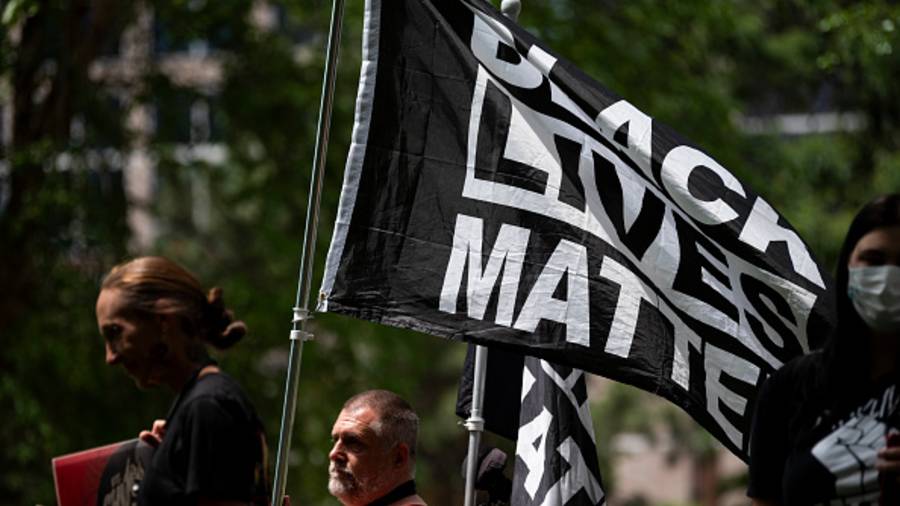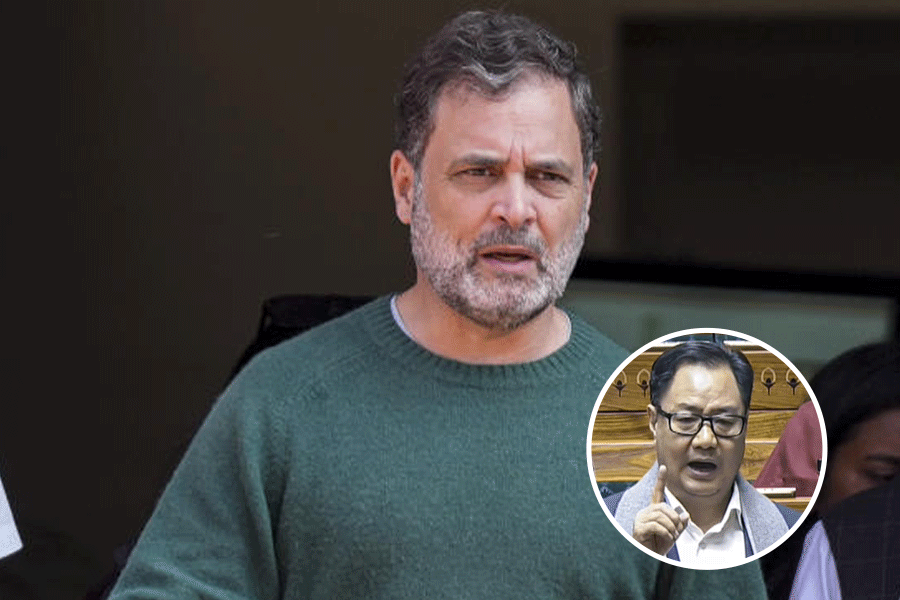The killing of George Floyd on a Minneapolis corner led to nationwide protests, a reckoning over racial injustice touching on virtually every aspect of American life and, on Friday, a substantial prison sentence — 22 and a half years — for the former police officer, Derek Chauvin, who ignored Floyd’s desperate cries for help and pressed his knee into Floyd’s neck for what seemed an eternity.
The sentence was less than the 30 years prosecutors had sought, but far more than the penalty that lawyers for Chauvin, 45, had requested: probation and the time he has already spent behind bars. The sentence means the earliest Chauvin could be eligible for release on parole, experts said, would be in 2035 or 2036, when he is close to 60 years old.
In delivering Chauvin’s sentence on Friday, Judge Peter A. Cahill referred to the “particular cruelty” of the crime, which was captured in a widely shared cellphone video, as Chauvin held Floyd down for more than nine minutes in May 2020. Floyd could be heard crying out more than 20 times that he could not breathe.
Shortly after reading the sentence from the bench, Judge Cahill issued a 22-page memorandum about his decision, writing, “Part of the mission of the Minneapolis Police Department is to give citizens ‘voice and respect.’” But Chauvin, the judge wrote, had instead “treated Floyd without respect and denied him the dignity owed to all human beings and which he certainly would have extended to a friend or neighbour”.
Relatives of Floyd expressed relief that Chauvin was facing prison, even as they said they believed he deserved a longer term. In the hearing, they described their anguish and loss in tearful terms. “Why?” said Terrence Floyd, Floyd’s brother. “What were you thinking? What was going through your head when you had your knee on my brother’s neck?”
Gianna Floyd, Floyd’s 7-year-old daughter, spoke in a pre-recorded video, answering questions about her father. Asked what she would say to her father if she could, she said, “It would be I miss you and I love you.”
Chauvin, dressed in a gray suit and blue face mask and with a freshly shaven head, sat quietly through much of the proceedings.
Offered an opportunity to address the courtroom, Chauvin spoke only briefly, saying that “additional legal matters at hand” prevented him from saying more. “But, very briefly though,” he said, “I do want to give my condolences to the Floyd family.”
Chauvin’s mother, Carolyn Pawlenty, spoke longer, urging the judge to be lenient and speaking publicly about the case for the first time. She said the news media and prosecutors had painted a distorted picture of her son.
“The public will never know the loving and caring man he is,” Pawlenty said. “But his family does.”
The killing of Floyd, a 46-year-old black man, by Chauvin, a white officer who spent 19 years on the Minneapolis force, led to calls around the country to defund police budgets, remove statues of historical figures tied to racism and diversify predominantly white corporate boards. The sentence offered some closure to a traumatised nation. Still, activists said there was much more to be done, especially with national police reform legislation named for Floyd languishing in Washington.
Chauvin’s conviction was a rare rebuke by the criminal justice system against a police officer who killed someone while on duty.
Officers are often given wide latitude to use force, and juries have historically been reluctant to second-guess them, especially when they make split-second decisions under dangerous circumstances.
While police officers in America kill roughly 1,000 people each year, Chauvin is one of only 11 officers who have been convicted of murder for on-duty killings since 2005, according to research conducted by Philip M. Stinson, a criminal justice professor at Bowling Green State University. The lightest sentence for officers has been just less than seven years in prison, while the harshest was 40 years. The average sentence was just under 22 years.
The corner in Minneapolis where Floyd was killed has become a memorial to what happened. His image has appeared on murals in cities around the world, and there is a statue of him in Brooklyn.
“I can’t breathe!” became a protest mantra, and when demonstrators chanted, “Say his name!” those gathered responded with “George Floyd!” followed by the names of so many others who were victims of police violence.
Floyd was a father and grandfather, and had been a rapper and star football and basketball player in high school in Houston. He had moved in recent years to Minneapolis, looking for a fresh start. In his last years of life, he worked as a security guard at a homeless shelter and a nightclub, and had struggled at times with opioid addiction, an affliction he shared with his girlfriend, Courteney Ross, who testified about it at Chauvin’s trial.
Chauvin has been behind bars since his trial ended in April. The judge said Chauvin would be credited with 199 days already served towards his sentence, including a period he spent in jail before his trial. Officials said he was being kept in solitary confinement for his own safety.
The maximum sentence allowed under Minnesota law for second-degree murder, the most serious charge Chauvin was convicted of, is 40 years. The jury, which deliberated for about 10 hours following a six-week trial, also convicted Chauvin of third-degree murder and second-degree manslaughter. Under Minnesota’s sentencing guidelines, though, a presumptive sentence for someone like Chauvin with no criminal history is 12 and a half years.
Leading up to the sentencing hearing, Chauvin’s lawyer, Eric J. Nelson, had pressed the court for leniency, asserting in a memorandum that Chauvin had not known he was committing a crime when he tried to arrest Floyd.
New York Times News Service










